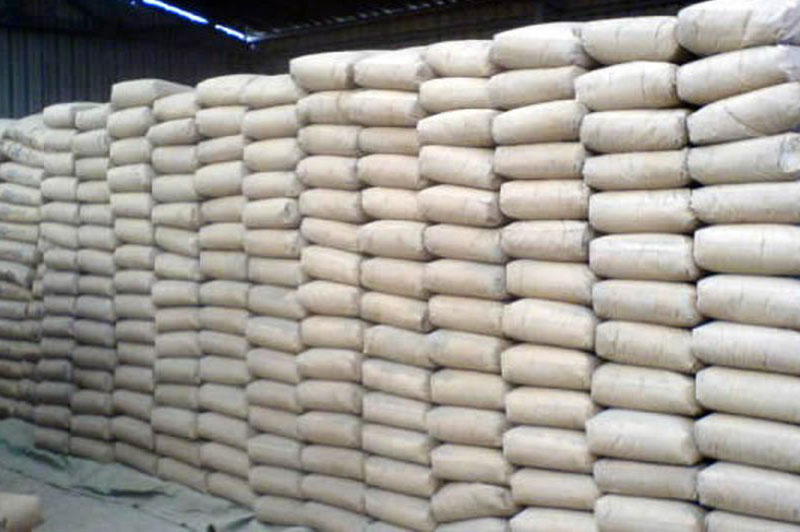Financial analysts from CardinalStone Research project a resurgence in the Nigerian cement industry in 2024, fueled by a renewed government focus on infrastructure development and construction projects. The anticipated boost, outlined in their report titled ‘Nigeria Cement Sector 2024 Outlook: Nigeria Cement Rebounding from a tumultuous year,’ points to increased budget allocations and ambitious infrastructure initiatives amounting to N1.32 trillion, representing 5.0% of the total FG 2024 budget.
Reflecting on the challenges faced in 2023, including a cash crunch, currency redesign policy issues, devaluation, and adverse weather conditions, the analysts foresee a gradual recovery in 2024. Cement manufacturers are responding by recalibrating production strategies through capacity expansion and improved efficiency to meet the expected rise in demand.
Despite lingering challenges, the outlook for Nigeria’s cement industry in 2024 is cautiously optimistic, with potential growth opportunities emerging during the recovery phase.
Potential Price War and Government Intervention
Following BUACEMENT’s ex-factory price reduction to N3,500 in October 2023, analysts do not rule out the possibility of price reactions from other players. Public concerns about rising cement prices may prompt government intervention to alleviate the high cost, potentially driving higher demand and affecting cement volumes.
Infrastructure Support Fund (ISF) and Federal Mortgage Bank Recapitalization
The new administration under President Bola Ahmed Tinubu has introduced the Infrastructure Support Fund (ISF) as part of measures to boost the economy and counteract the inflationary impact of petrol subsidy removal. Expected to launch in FY’24E, the ISF aims to revamp transportation, upgrade farm-to-market roads, and fund health, education, power, and water projects.
Additionally, the recapitalization plan for the Federal Mortgage Bank of Nigeria (FMBN), with a minimum capital target raised to N500 billion, is seen as a positive development. This move is expected to enhance home builders’ access to capital and support cement consumption in FY’24E and beyond.
Road Infrastructure Tax Credit (RITC) Scheme
Continued private-sector participation in the Road Infrastructure Tax Credit (RITC) scheme initiated in 2019 is anticipated to support cement demand. The analysts expect more private-sector participants to leverage the scheme’s associated tax concessions, given its expected expiration ten years from the commencement date.
AfCFTA Participation Driving Exports
Full participation in the African Continental Free Trade Area (AfCFTA) is predicted to boost cement exports, particularly for major players like DANGCEM and BUACEMENT. BUACEMENT reported approximately €7.0 million in exports during 9M’23 and is actively exploring new markets in Africa.


